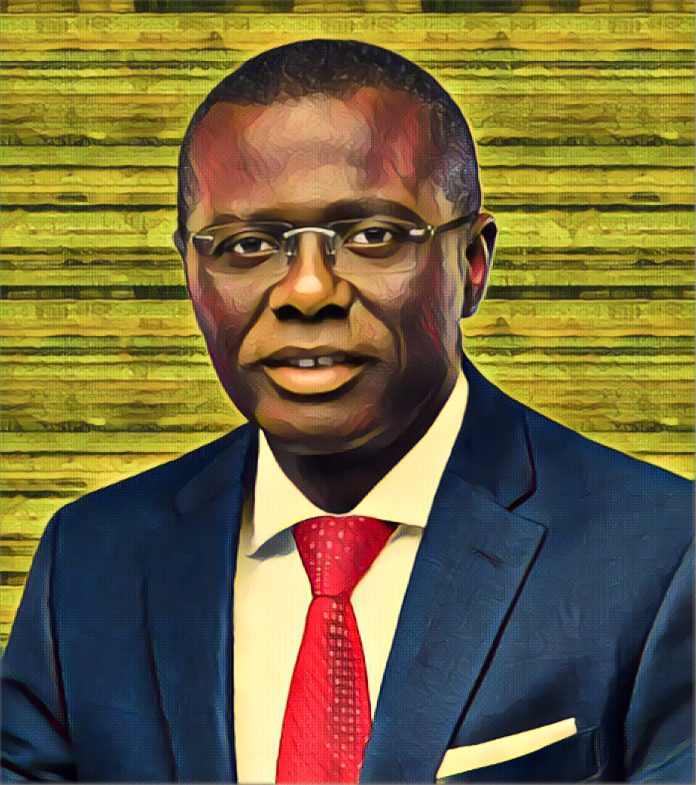Lagos State, the commercial hub of Nigeria, has injected N8.4 billion into the growth and development of over 12,710 micro, small, and medium enterprises (MSMEs) in the last four years, according to Governor Babajide Sanwo-Olu.
The governor made this disclosure at the closing ceremony of the Lagos International Trade Fair, where he said the intervention was aimed at improving the ease of doing business and enhancing the potential of local production.
“We have been promoting locally made products by facilitating access to the market for entrepreneurs. For instance, the State continues to organize the MSMEs Exclusive Trade Fair and Exhibition, among several other efforts to expose the products of our MSMEs and assist them in gaining more access to local and regional markets,” he said.
He added that the government has engaged with critical stakeholders through the Lagos Corporate Assembly quarterly meeting of the Lagos State Council on MSME, which provides inputs for policy development.
Governor Sanwo-Olu also highlighted the significant investments in infrastructure development, such as road construction, integrated intermodal multi-modal transportation systems, and the installation of a 3,000-kilometer metropolitan fibre optic cable network across the state.
These infrastructure projects are expected to provide reliable and fast internet connectivity to homes and workplaces, facilitating business operations and promoting socio-economic development.
The governor further outlined other initiatives aimed at alleviating poverty, reducing youth unemployment, promoting human capital development, and enhancing the social welfare of citizens.
These initiatives are collectively geared towards creating a conducive environment for businesses to thrive and contribute to the state’s economic growth.
Earlier in the year, the State Technical Working Group on Africa Continental Free Trade Agreement (AfCFTA) was inaugurated to position the state to optimise the platform in boosting economic integration on the continent.
The AfCFTA, which came into effect in January 2021, is the world’s largest free trade area, covering a market of 1.2 billion people and a combined GDP of $3 trillion. It aims to eliminate tariffs on 90 per cent of goods, facilitate the movement of capital and people, and foster regional cooperation.
Lagos State, which contributes approximately 25 per cent to Nigeria’s gross domestic product, has seen an eight per cent growth in the non-oil sector, thanks to the activities of MSMEs that account for about 80 per cent of the state’s employment, according to Folashade Ambrose-Medebem, commissioner for Commerce, Cooperatives, Trade, and Investment.
She commended the entrepreneurs who, despite challenges, have built thriving businesses and the international investors who chose Lagos as a hub of innovation and creativity.
“The Lagos International Trade Fair has long been one of the platforms where these stories converge. Over its 36 previous editions and counting, the Fair has attracted millions of visitors, both local and international, connecting businesses from over 50 countries. This year, we are proud again to join LCCI in hosting over 2,000 exhibitors, to showcase the best of Lagos, Nigeria, and the world,” she said.
Michael Olawale-Cole, president of the Lagos Chamber of Commerce and Industry, urged the governments at all levels to continue to foster an enabling environment for businesses, with a particular focus on infrastructure, insecurity, and appropriate policies.
“We need to do these to fully harness the huge enterprising resources of domestic and foreign investors for the diversification of our economy and the welfare of our people,” he said.
He expressed optimism that the Lagos International Trade Fair would continue to serve as a catalyst for economic growth and development in the state and the country.
Source: Business Day



